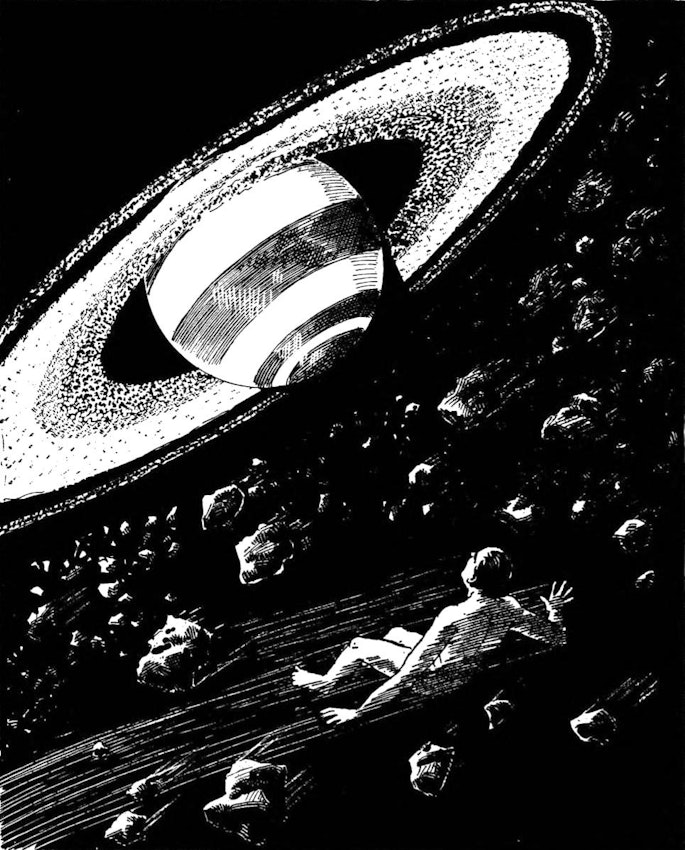In recent conversations, we repeatedly touched on the point that in some of the biggest societal challenges — specifically ongoing threats to democracy — tech appears to be at the center of what’s happening.
And I believe, this is true, albeit in a bit of a messy, fuzzy way. Tech, especially social media and behavioral tracking (“ads” and recommender algorithms), is hugely influential in this space. So are populism, the culture wars, radical ideological media networks, and in more diffuse ways: deregulation and neoliberalism. They’re all connected in deep and messy ways. They feed one another, and off of one another.
To the very, very limited degree that technologies can be neutral, social media can also be used to increase democratic engagement, to coordinate activism, to organize. There’s nothing inherent about social media, I believe, that makes it inherently bad.
But/and social media as we know it today, as we’ve known it for the last decade and a half, means big platforms. Centralized, driven by revenue based on behavioral tracking, near-monopolistic in their respective niches.
Now, since Twitter has been collapsing in on itself over the last year or so and is sliding into irrelevance, with TikTok under intense scrutiny and at risk of being banned in the US and elsewhere, and Meta having boxed itself in as an odd hybrid of social network for grandparents (Facebook) and a failing virtual reality play (Metaverse), there’s certainly a lot of room for experimentation.
Things are beginning to ferment, but there’s not yet much that’s exciting. It still feels like the “rotten compost” phase of the lifecycle; but I’m hopeful that this leads to soil and new things will spring to life. I’ll be there for it.
Until then, yes: Tech plays a core role in the crisis of democracy. If we play things right (through a good mix of regulation and innovation), it might also be part of the remedy. So let’s get to work, shall we?




